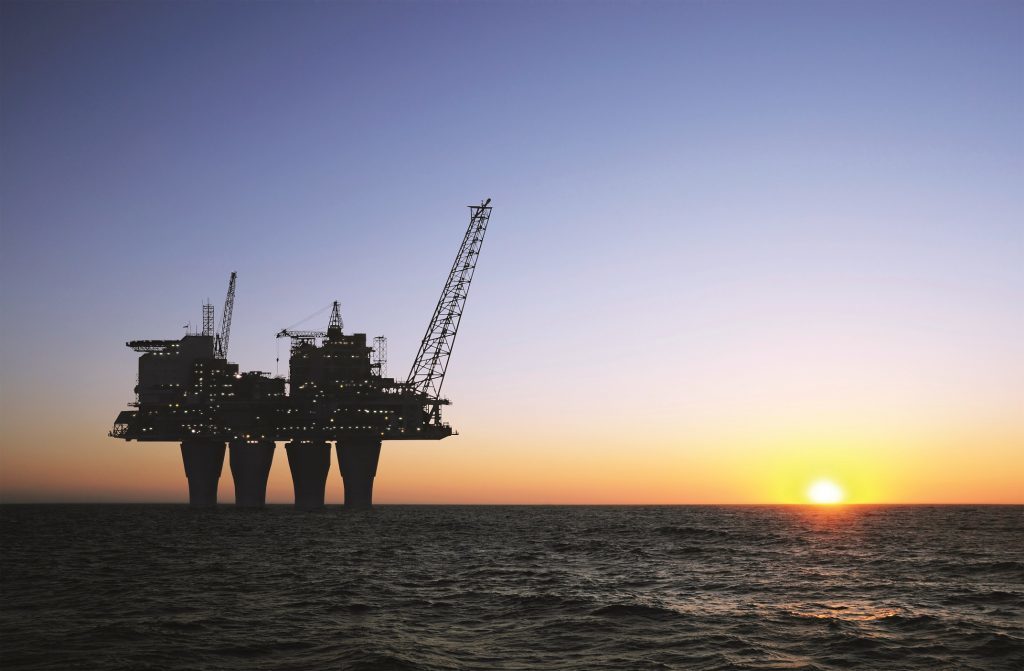
Oil fell as two of the world’s biggest producers stopped short of making concrete proposals to coordinate output, pledging instead to cooperate to ensure market stability.
Futures lost as much as 0.9 percent in New York. Saudi Arabia and Russia agreed to work together to stabilize prices, without offering details on joint action, after Deputy Crown Prince Mohammed bin Salman and President Vladimir Putin met in China on Sunday. Crude rose the most in two weeks on Friday as Putin said he’d like OPEC and Russia to agree to an output freeze.
Oil rallied last month amid speculation members of the Organization of Petroleum Exporting Countries and other producers would agree to a plan to limit output when they meet later this month in Algiers. A similar proposal, originally put forward in February, was derailed in April after Iran declined to cap its production.
“At this stage, markets are probably just going to take the view that it needs to see some evidence, some tangible idea on what the agreement might actually amount to before responding to it,” said Ric Spooner, a chief market analyst at CMC Markets in Sydney. “We will get a lot of statements about it but probably nothing really concrete until we get to the stage of the Algiers meeting.”
OPEC Record
West Texas Intermediate for October delivery fell as much as 38 cents to $44.06 a barrel on the New York Mercantile Exchange and traded at $44.28 at 1:52 p.m. in Hong Kong. The contract rose $1.28 to $44.44 on Friday, the biggest gain since Aug. 18. Total volume traded was about 48 percent below the 100-day average.
Brent for November settlement lost as much as 43 cents, or 0.9 percent, to $46.40 a barrel on the London-based ICE Futures Europe exchange. The contract added 3 percent to $46.83 a barrel on Friday. The global benchmark crude traded at a $1.85 premium to November WTI.
Putin said in an interview last week in Vladivostok that other producing countries now recognize Iran should be allowed to continue raising output since it was freed just months ago from international sanctions. The Russian president said at the time that he may recommend such a plan when he met with Prince Mohammed.
Saudi Arabia led OPEC’s decision in 2014 not to cut output amid a global glut in order to protect market share and force out higher-cost producers. Group production rose to a record 33.69 million barrels a day in August, just under a third of global demand, a Bloomberg survey showed last week.
Oil-market news:
Iran will support any measure to revive oil prices and seeks market stability while preserving its national interests, the country’s Mehr news agency reported, citing Deputy Oil Minister Amir Hossein Zamaninia. OPEC Secretary-General Mohammed Barkindo will meet Iranian Oil Minister Bijan Namdar Zanganeh in Tehran in the coming week and discuss the manner of implementing a proposed OPEC production freeze plan: Mehr. The number of U.S. rigs drilling for oil rose by 1 to 407, the ninth increase in 10 weeks, Baker Hughes Inc. reported Friday.
Recommended for you
